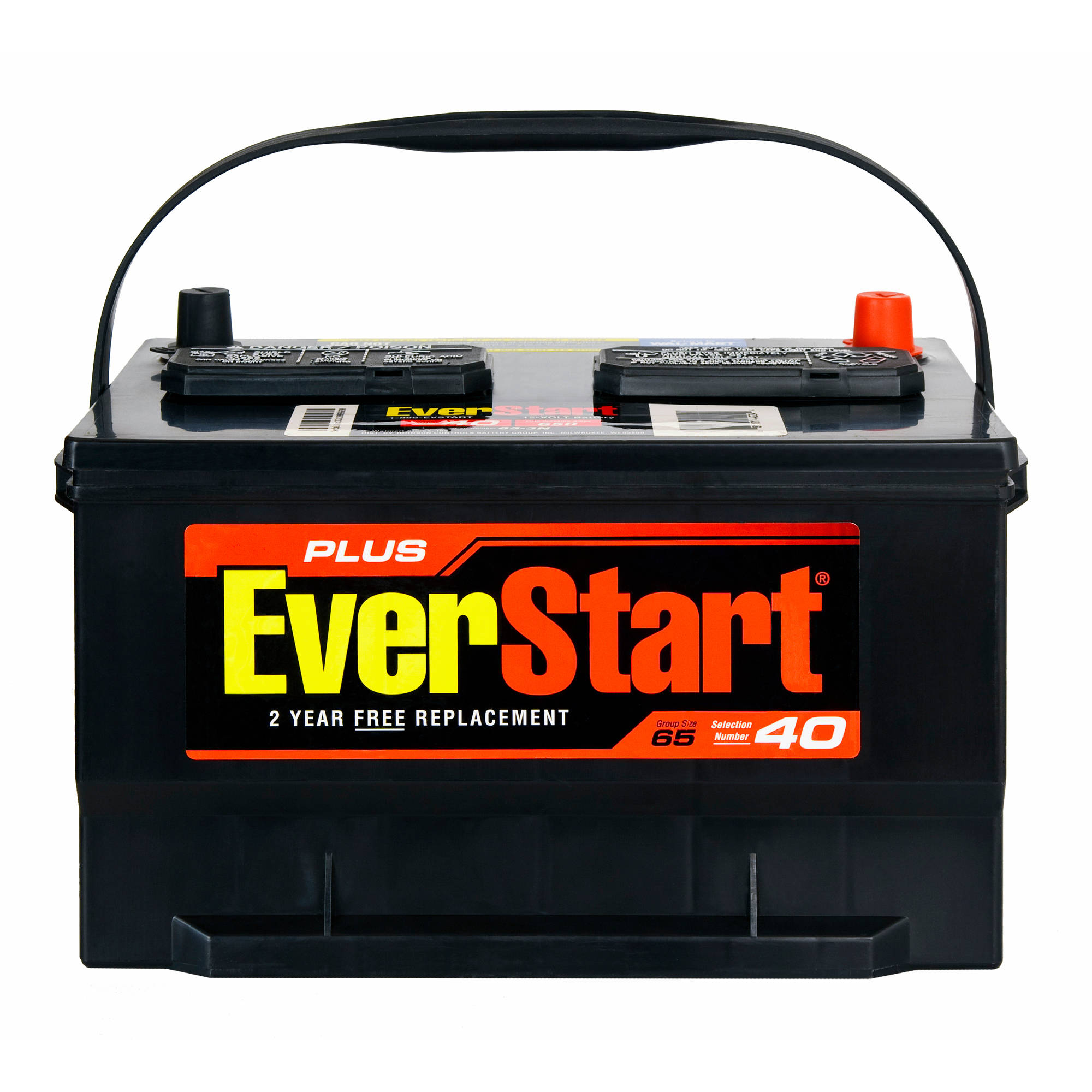Eric1971
Elite Explorer
- Joined
- May 1, 2019
- Messages
- 81
- Reaction score
- 37
- Year, Model & Trim Level
- 1995 Explorer Eddie Bauer
I searched the forum but didn't find the answer.
Went to go to work yesterday and my 1995 EB cranked slowly but did turn over and start. Thought maybe I left something on overnight but couldn't find anything. 3 mile drive to work, then home for lunch about 4 hours later. Again cranked slowly but started. When I got home I let it run for 30 minutes, then back to work again and made it home OK. Tested with multimeter: alternator seems fine, showing 14.0 V with engine on. Tested the battery, 12.5V but it dropped to 8.5 V on engine start, but it did start. Just to be sure, I put my Battery Tender on it overnight. This morning it showed fully charged and 12.5 V. The minute I turned the key to ON, the voltage started dropping and when I tried to start the engine, it just clicked.
Battery is from the previous owner. Interstate MT-65, appears to be from September 2013.
Question 1: Does this seem like I've tested everything properly and it's definitely the battery?
Question 2: I see Costco has a great price on an Interstate battery with 850CCA, about $50 cheaper than a Motorcraft with the same capacity. Any recommendations/warnings on the Costco/Interstate batteries?
Thanks!
Went to go to work yesterday and my 1995 EB cranked slowly but did turn over and start. Thought maybe I left something on overnight but couldn't find anything. 3 mile drive to work, then home for lunch about 4 hours later. Again cranked slowly but started. When I got home I let it run for 30 minutes, then back to work again and made it home OK. Tested with multimeter: alternator seems fine, showing 14.0 V with engine on. Tested the battery, 12.5V but it dropped to 8.5 V on engine start, but it did start. Just to be sure, I put my Battery Tender on it overnight. This morning it showed fully charged and 12.5 V. The minute I turned the key to ON, the voltage started dropping and when I tried to start the engine, it just clicked.
Battery is from the previous owner. Interstate MT-65, appears to be from September 2013.
Question 1: Does this seem like I've tested everything properly and it's definitely the battery?
Question 2: I see Costco has a great price on an Interstate battery with 850CCA, about $50 cheaper than a Motorcraft with the same capacity. Any recommendations/warnings on the Costco/Interstate batteries?
Thanks!











